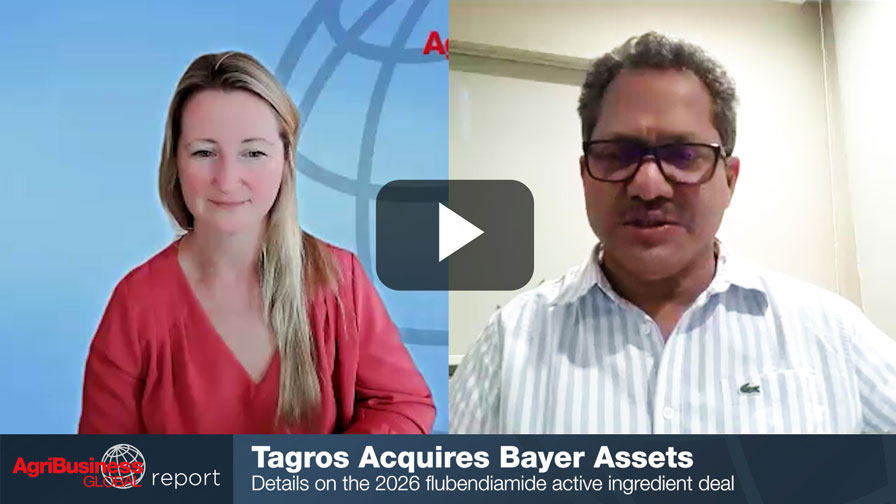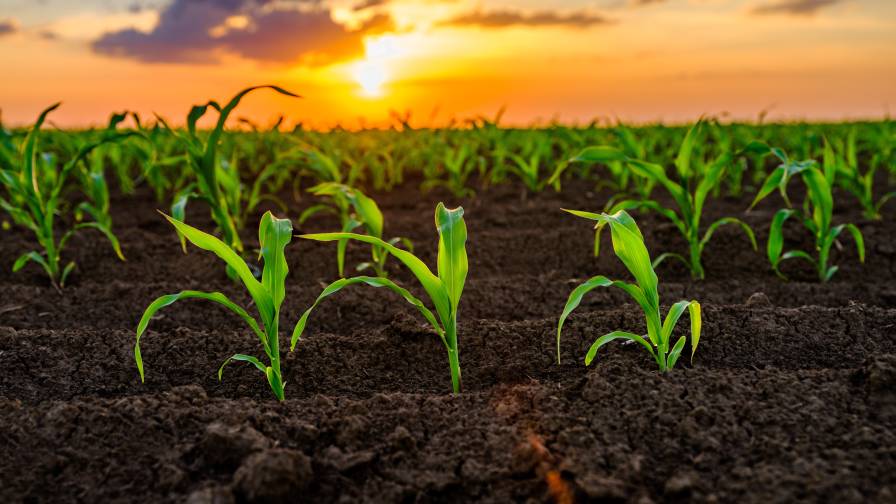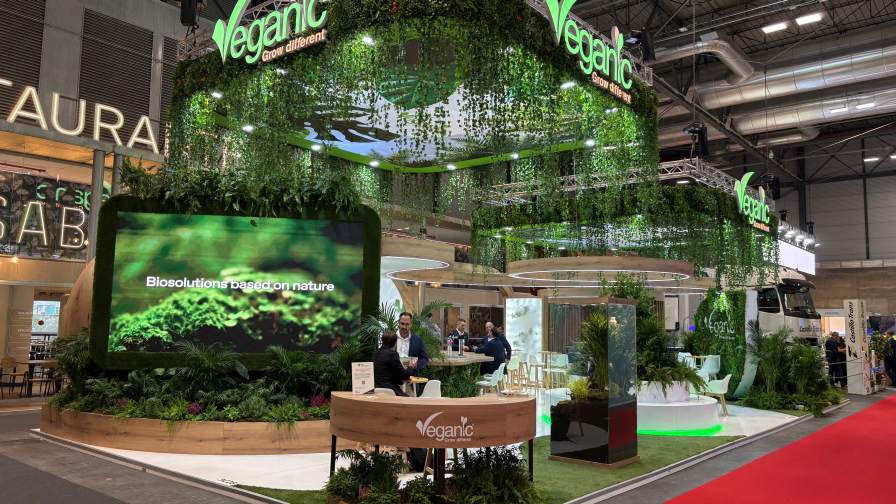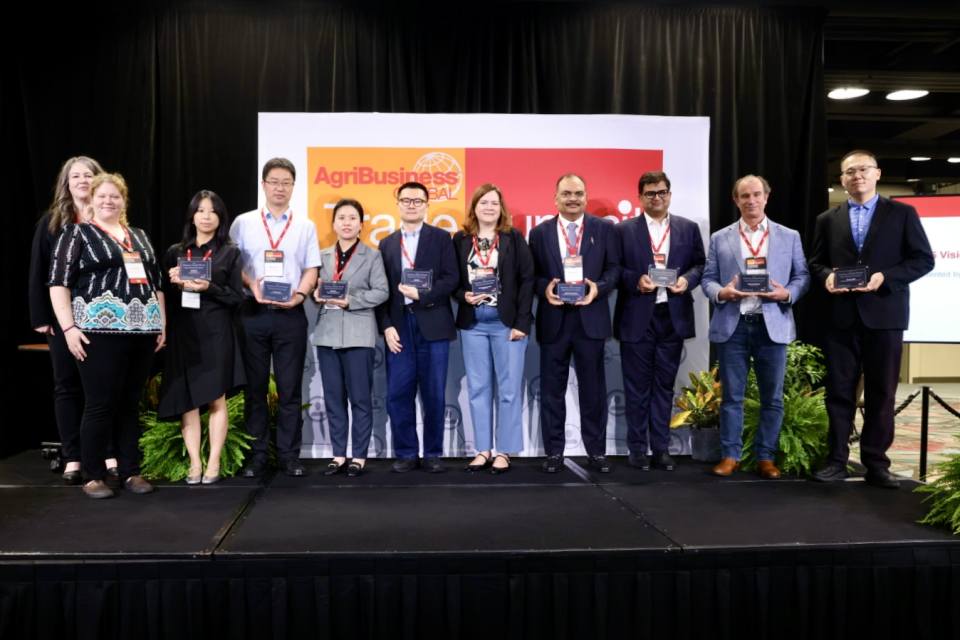Bayer Invests In Thailand Seed Development
Wire Services reports that Germany-based Bayer Group will invest US $2.85 million from 2008-2012 on hybrid-rice development in Thailand, the world’s sixth largest rice-producer. Thailand is the world’s largest exporter of rice, exporting 60% of its production for about one-third of the world’s total. Average yield, however, is about 35% below Asia’s average, at only about 419 kilograms per rai (1/16 of a hectare). Other rice-exporting countries such as Vietnam, China, and India tend to yield more than 1,000 kg per rai.
Bayer’s hybrid seed, traded under the Arize brand, is already marketed in India, the Philippines, Indonesia, Vietnam, Bangladesh, and Pakistan. Thailand will be its next target in 2011. Bayer plans to generate income of $12.58 million from commercializing hybrid rice in Thailand in 2011 and plans to capture 3 to 4% of the total hybrid-rice market value in 2015-16.
Ed Roumen, the company’s rice-breeding and hybrid-development manager, said hybrids in Thailand resulted from imported germ plasm from countries such as India, Vietnam, and Indonesia, which will be bred with local rice to serve market demand. "We will take at least eight years to make sure the crossbred seeds generate 100% mature quality," said Roumen, who said it had taken 30 years to convince farmers in China to accept hybrid rice and transfer technology. Bayer expects it will take 15 to 20 years for Thailand to implement it extensively.
Bayer next plans to expand plantation areas of hybrid rice to provinces such as Pathum Thani to increase seed volume. The company also plans to penetrate more of the Asia-Pacific region by introducing innovative crops and crop protection through expansion of its seed business, particularly in vegetables and rice.






